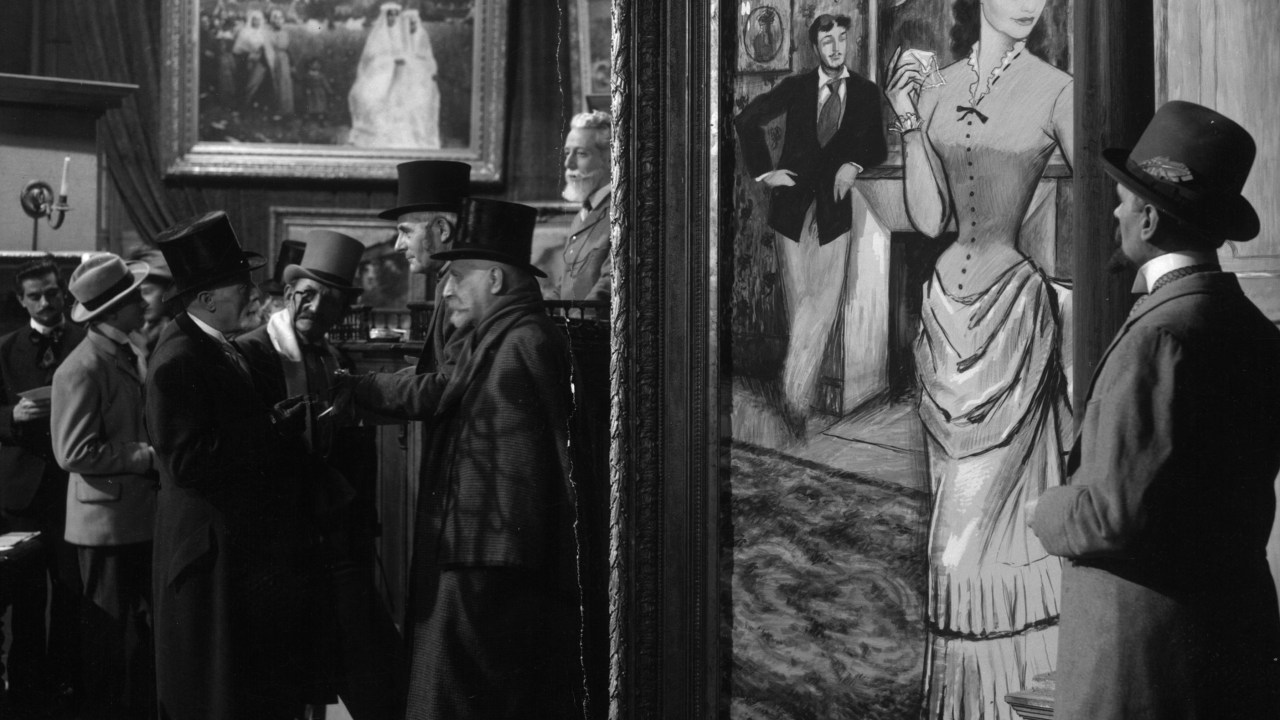Le plaisir

Roving with his dazzlingly mobile camera around the decadent ballrooms, bucolic countryside retreats, urban bordellos, and painter's studios of late nineteenth-century French life, Max Ophuls brings his astonishing visual dexterity and storytelling bravura to this triptych of tales by Guy de Maupassant about the limits of spiritual and physical pleasure. Featuring a stunning cast of French stars (including Danielle Darrieux, Jean Gabin, and Simone Simon), Le plaisir pinpoints the cruel ironies and happy compromises of life with a charming and sophisticated breeziness.
SPECIAL EDITION FEATURES
- Restored high-definition digital transfer
- Introduction by filmmaker Todd Haynes (Far from Heaven)
- English- and German-language versions of the opening narration
- From Script to Screen, a video essay featuring film scholar Jean-Pierre Berthomé discussing the evolution of Max Ophuls’s screenplay for Le plaisir
- Interviews with actor Daniel Gélin, assistant director Tony Aboyantz, and set decorator Robert Christidès
- PLUS: An essay by film critic Robin Wood
Cover by David Downton
SPECIAL EDITION FEATURES
- Restored high-definition digital transfer
- Introduction by filmmaker Todd Haynes (Far from Heaven)
- English- and German-language versions of the opening narration
- From Script to Screen, a video essay featuring film scholar Jean-Pierre Berthomé discussing the evolution of Max Ophuls’s screenplay for Le plaisir
- Interviews with actor Daniel Gélin, assistant director Tony Aboyantz, and set decorator Robert Christidès
- PLUS: An essay by film critic Robin Wood
Cover by David Downton

Cast
- Claude Dauphin
- The doctor
- Gaby Morlay
- Denise
- Madeleine Renaud
- Julia Tellier
- Ginette Leclerc
- Madame Flora
- Danielle Darrieux
- Madame Rosa
- Pierre Brasseur
- Julien Ledentu
- Jean Gabin
- Joseph Rivet
- Jean Servais
- L'ami de Jean (The voice of Guy de Maupassant)
- Daniel Gélin
- Jean
- Simone Simon
- Joséphine
Credits
- Director
- Max Ophuls
- Based on three stories by
- Guy de Maupassant
- Adaptation by
- Jacques Natanson
- Adaptation by
- Max Ophuls
- Dialogue
- Jacques Natanson
- Music
- Joe Hayos
- Cinematography
- Christian Matras
- Cinematography
- Philippe Agostini
- Sets
- Jean d'Eaubonne
- Assistant director
- Jean Valère
- Assistant director
- Tony Abboyantz
- Costumes
- Georges Annenkov
- Editing
- Léonide Azar
















